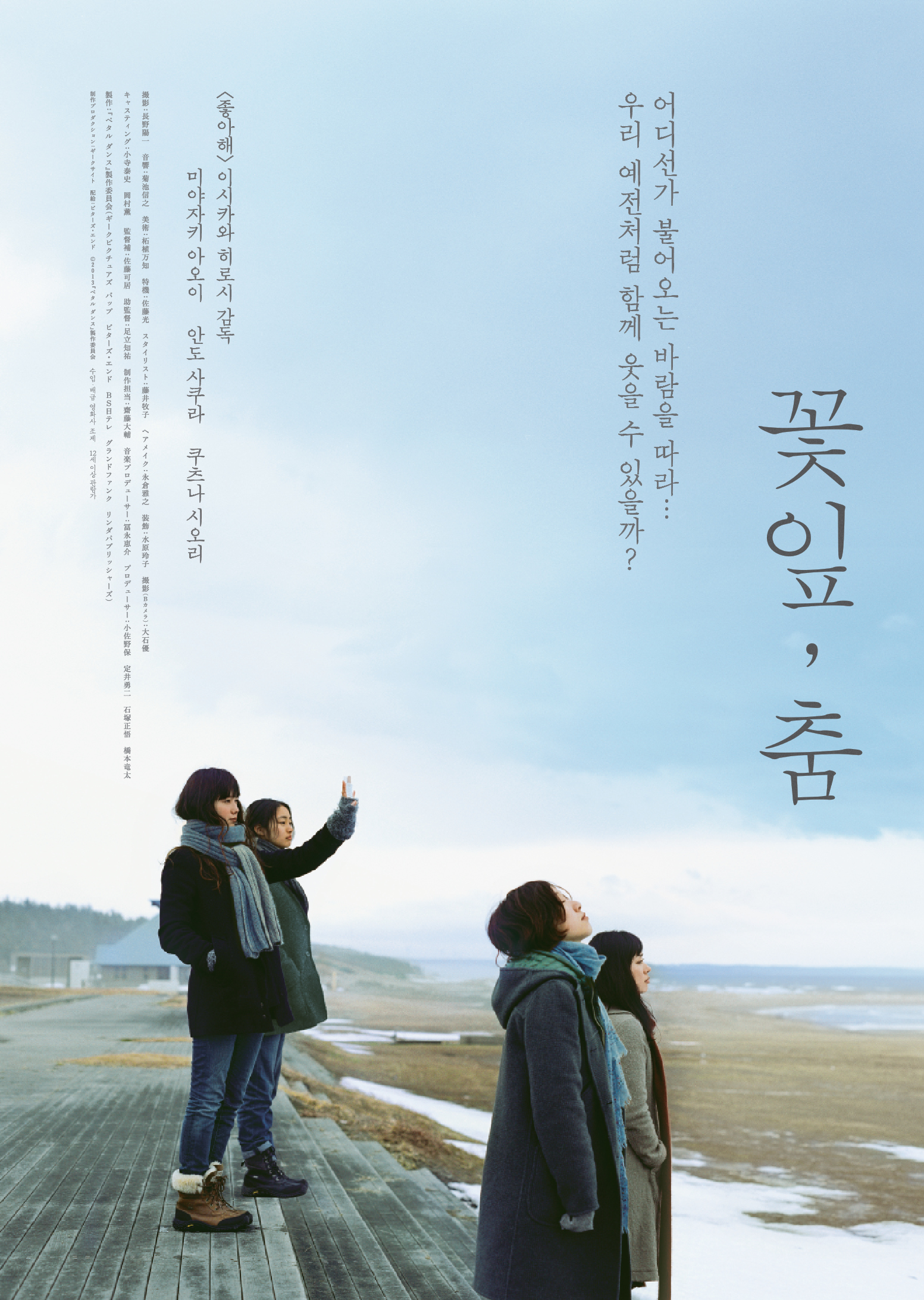Review
Time for another Japanese film review and today 's selection is Petal Dance, a drama directed by Hiroshi Ishikawa, the director's third full length film that makes up a very modest filmography, which consists of only two other titles, and to my mind marks his best work regarding overall production, writing, and delivery. Starring some familiar faces such as Sakura Ando from the film Love Exposure and Shoplifter, and Kazue Fukiishi of Noriko's Dinner Table fame, to name a few, the film follows two old college friends named Motoko and Jinko who decide to visit a third old classmate, Miki, who unfortunately suffers from depression and resides in a special care facility due to her self-harm. The duo adds a third member to their trip when Jinko, the classmate tasked with driving, is injured after an attempt to save what she believed to be a suicide attempt by a young lady at a train station. Her misreading of the situation leads to an injured hand, and the young lady who appeared to be readying to jump onto the train tracks was merely a girl named Haraki who was taking a ready stance to symbolically jump back into action after unexpectedly being left unemployed after the sudden closure of the clothing store she worked at. Her unnecessary savior invites her to tag along in their journey, requesting that she replace her at the wheel of their car.
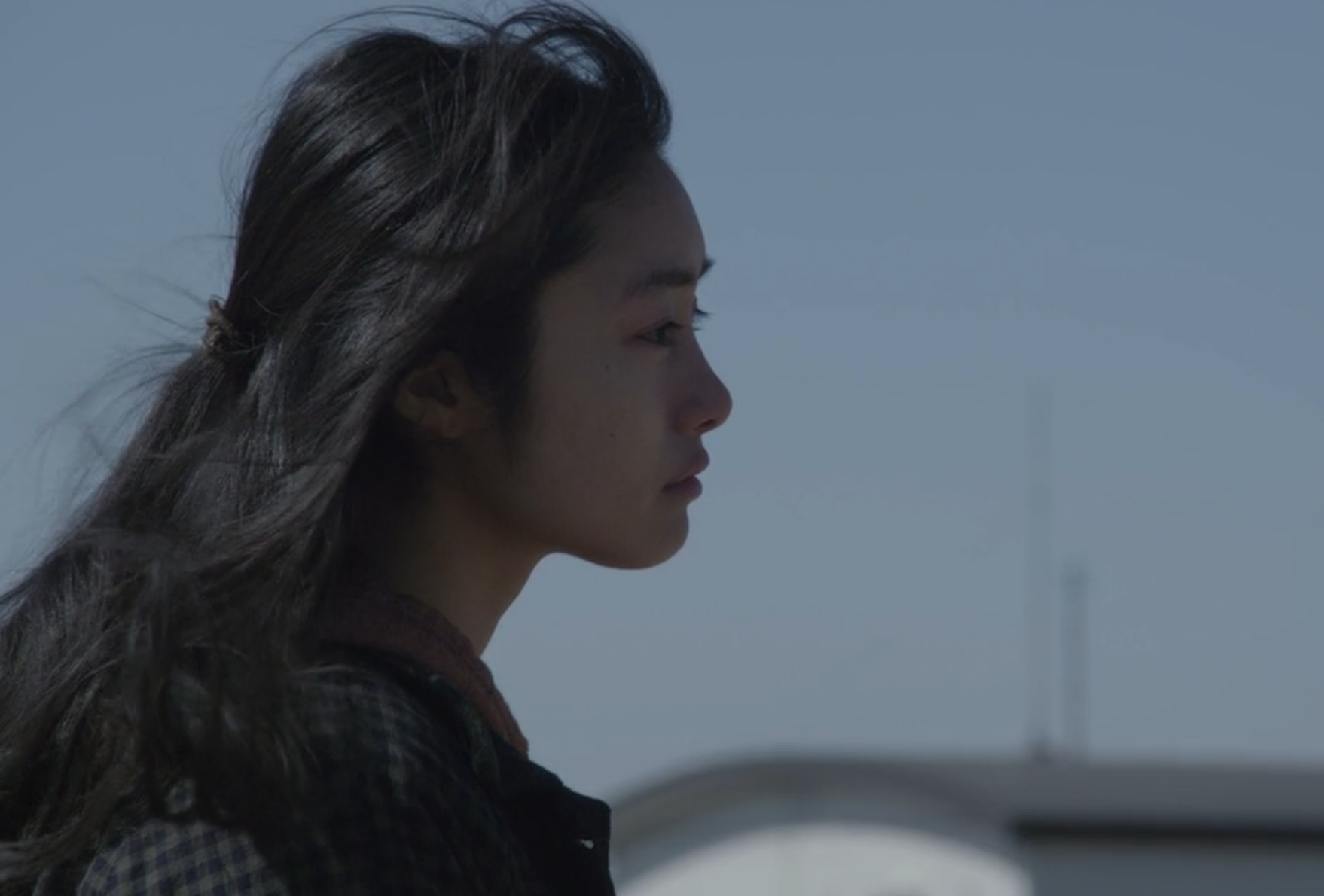
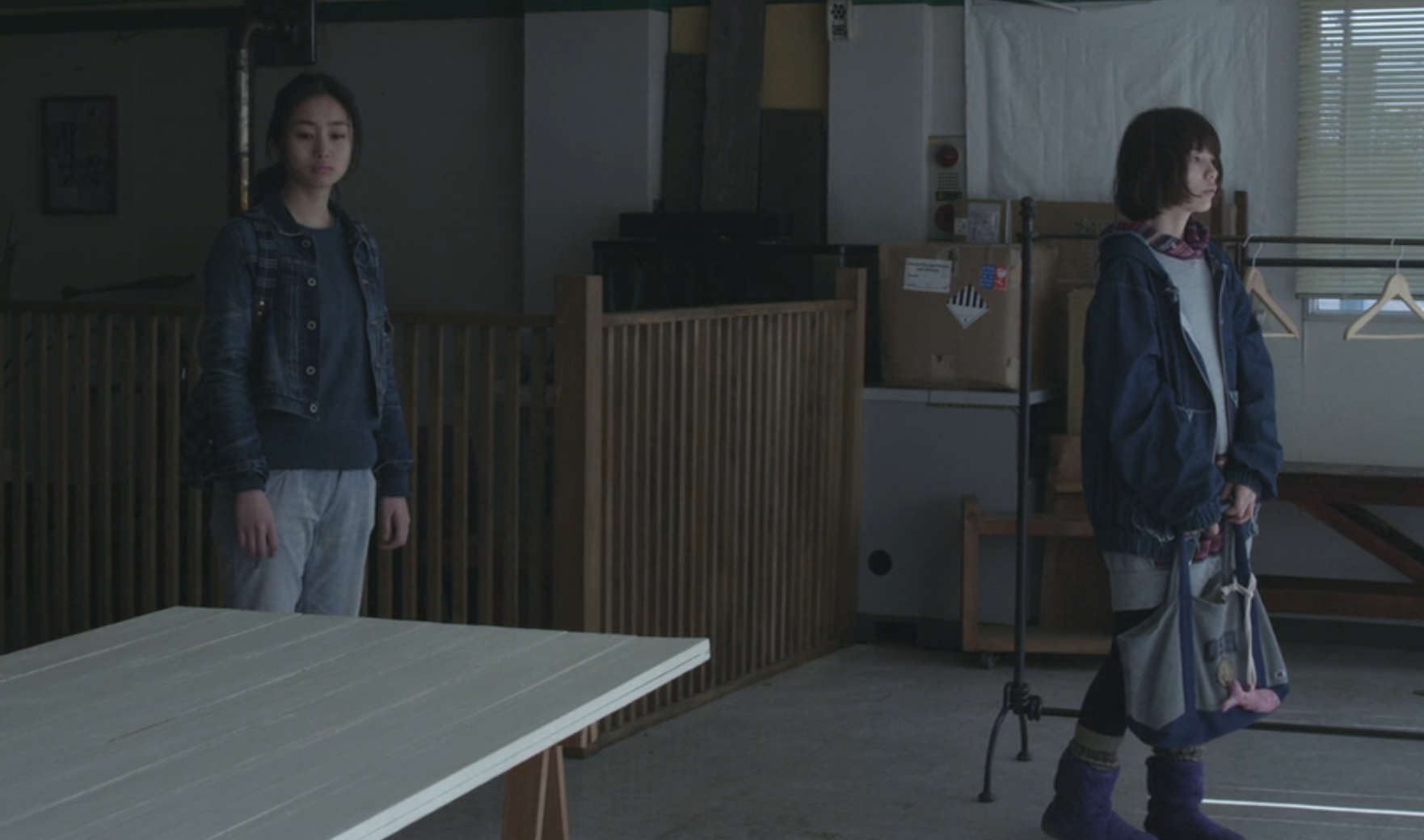
The film follows the three ladies as they take on the road, but each character has their own stories, or rather small reflections that show key moments of their respective journeys through life, filled with various relationships that changed over time and defined the people that they are. Wind plays a large role in the film as far as a theme is concerned, it's very being is one that is unseen and yet ever-present and felt at every moment. It is both gentle in its ability to carry the lightest of an object across vast distances or carry our wishes and prayers to the people that we care for the most, but it is also strong and unrelenting, pushing us to our limits and breaking those who are too rigid to flow with its force. Similarly, an old friend of Haraki is brought up from time to time, seeming to possess similar attributes as the primary theme, a person who is unseen but still always felt, a person who cast her hopes and dreams on the wind to be carried along to its intended target.
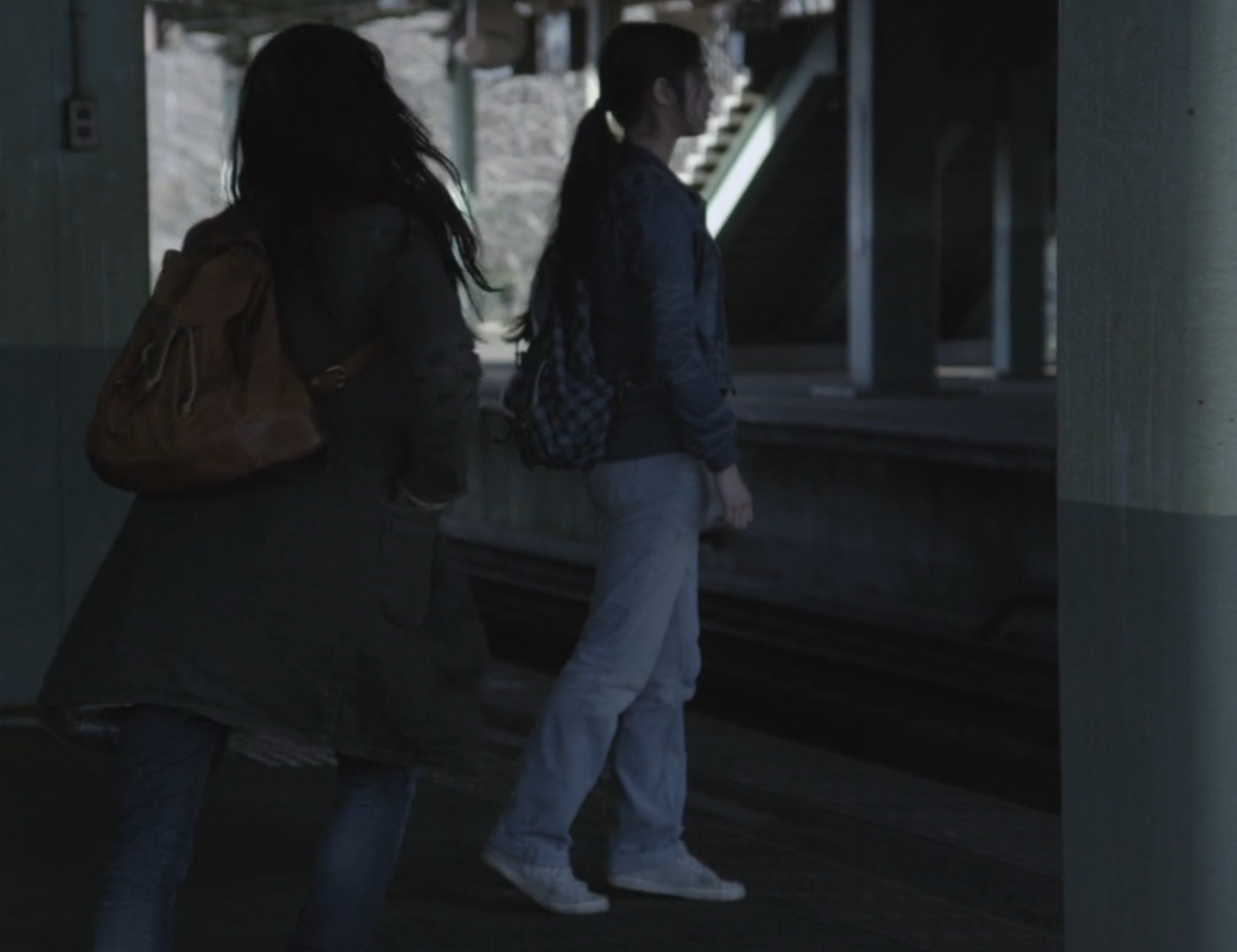
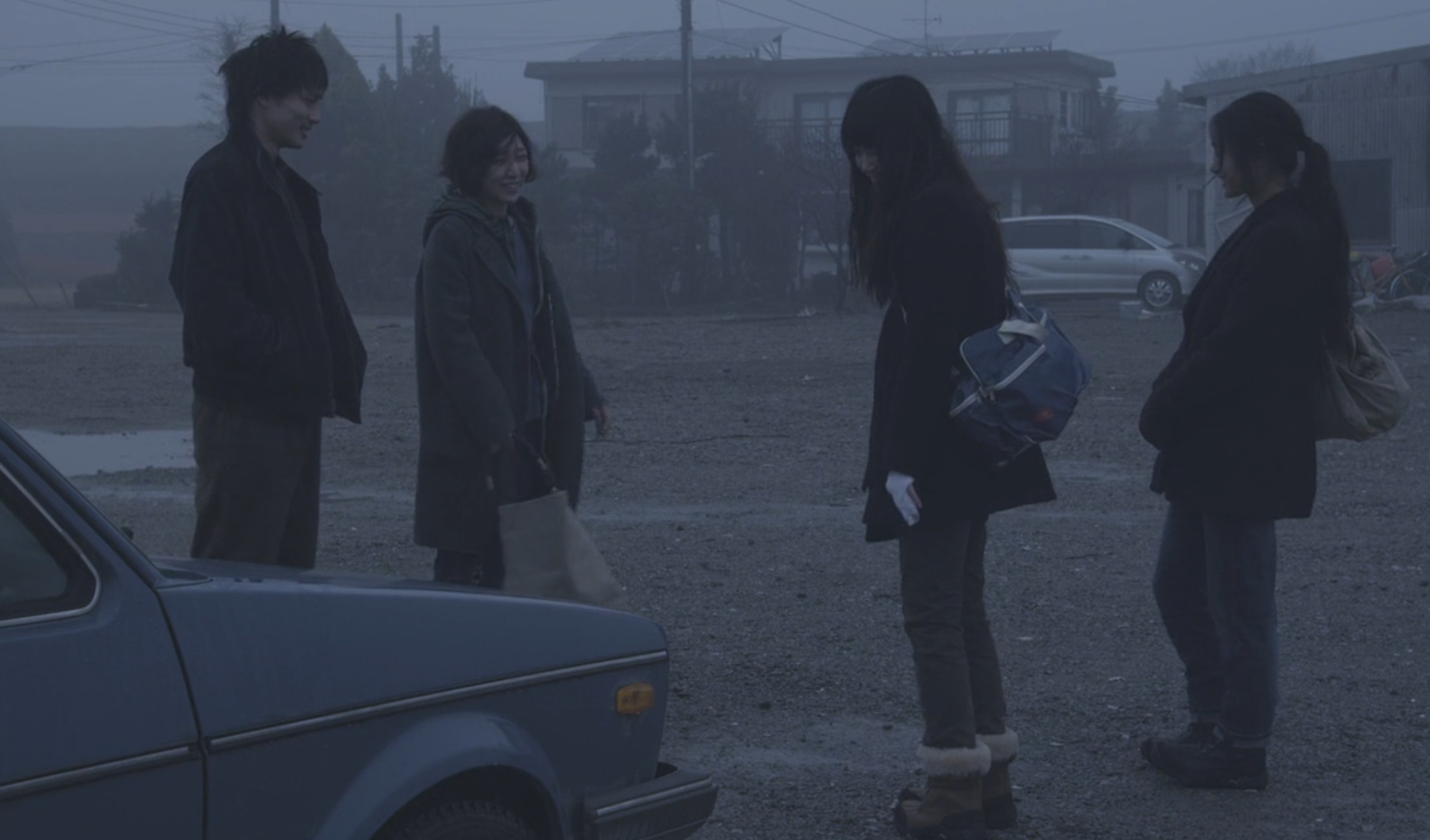

The friends now all eventually united, spend time together, although the initial meeting with their old friend Miki is choppy at first, things seem to change when they spend a windy and cold day at the beach. While wind can often be unrelenting and equally unforgiving, it can also be rejuvenating and refreshing, promising a fresh start to those who decide to have their spirits lifted by it. The winds of change are heard by all friends who partook in the journey, the old acquaintances rekindling hope for their sustained relationship and better days for all going forward, while new life is breathed into their relationships, even Haraki finds hope in the impromptu trip and sends that out onto the wind to find the friend that seems to have left her life as abruptly as the job that she once had.
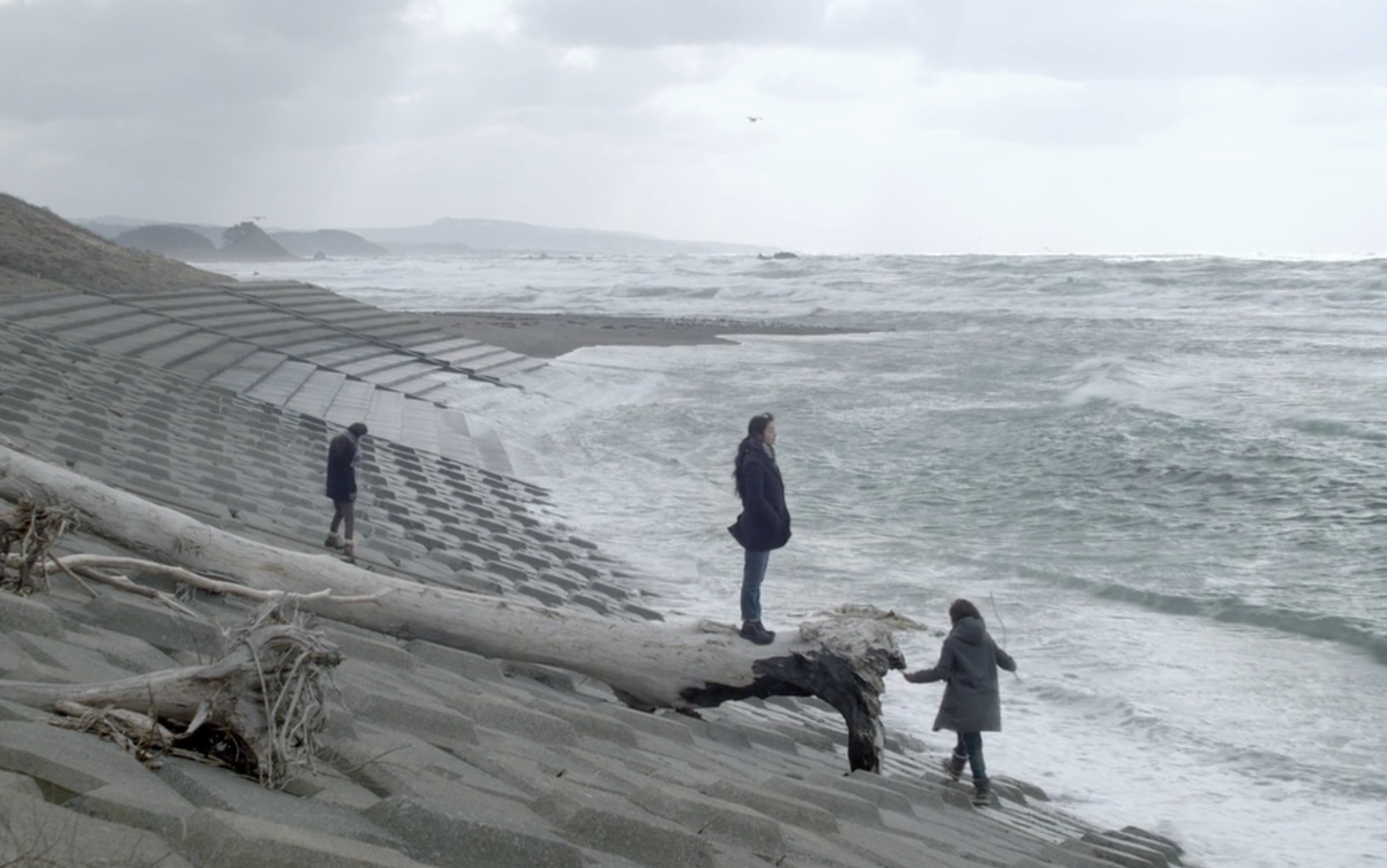
There are no fancy bells and whistles with Petal Dance, and yet there is an unassuming beauty and grace upon which it glides through its run time. In places, the bland cinematography is given vibrancy by the overall performance of the actresses, the smooth editing, and the serene score. The film strikes a strong relatable tone that makes audiences reflect on their relationships and those who no longer form apart of our own stories. Even with a run time that only clocks in at around an hour and a half, the film feels impressively full, and provides a mystery that feels satisfyingly complete without any digression or answers. I liked the emphasis of wind as a metaphor throughout the film, and the effectiveness of its use in a way that mirrored its nature and anonymity. Equally felt but subtly pushed to the periphery is also the subject of suicide and how it is dealt with in Japan. Powerful and important, acknowledged by the characters while still remaining largely taboo. Petal Dance is a rewarding and soothing drama of the best kind, and beautifully rewarding for anyone who gives it a chance.
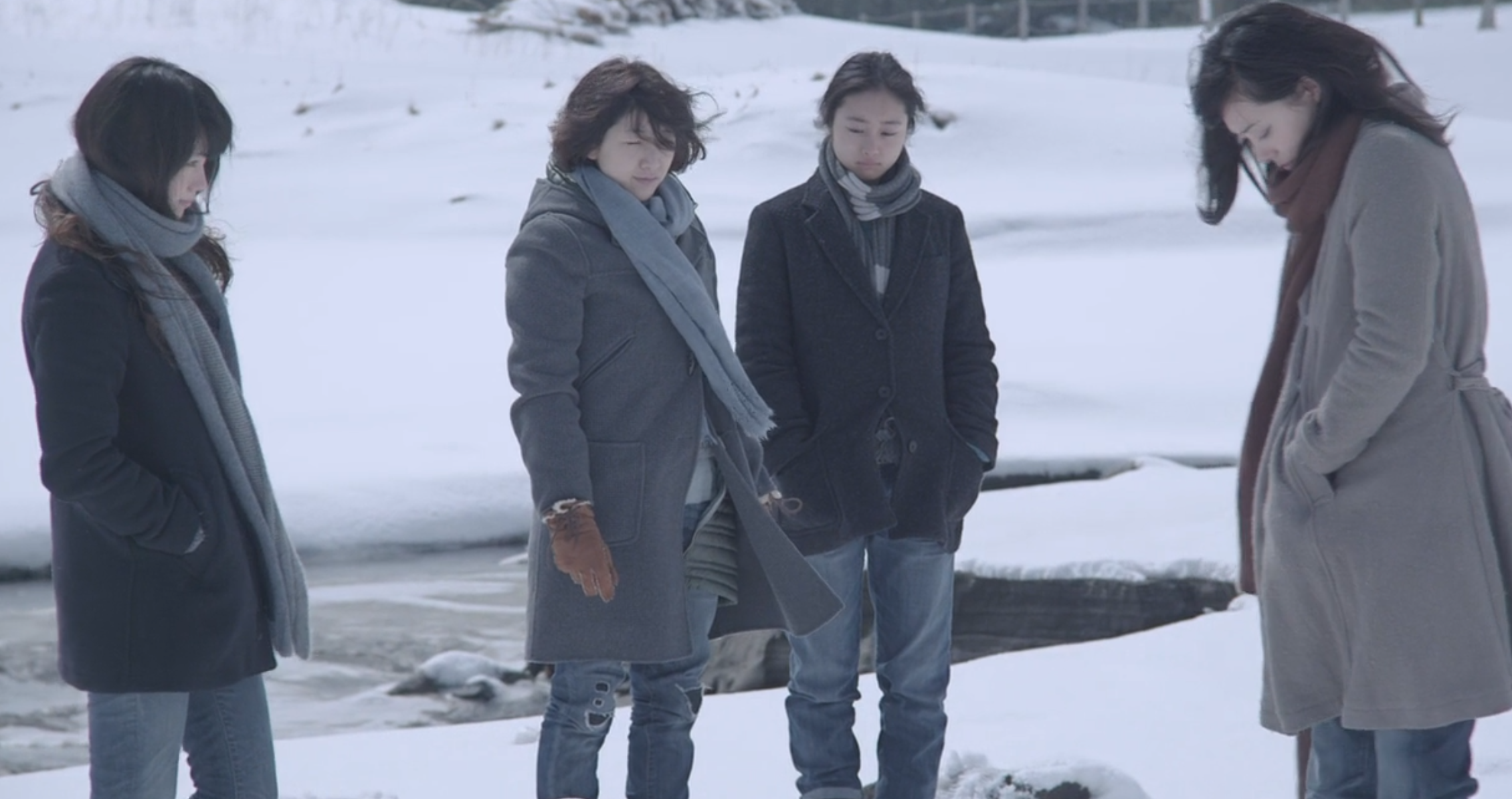

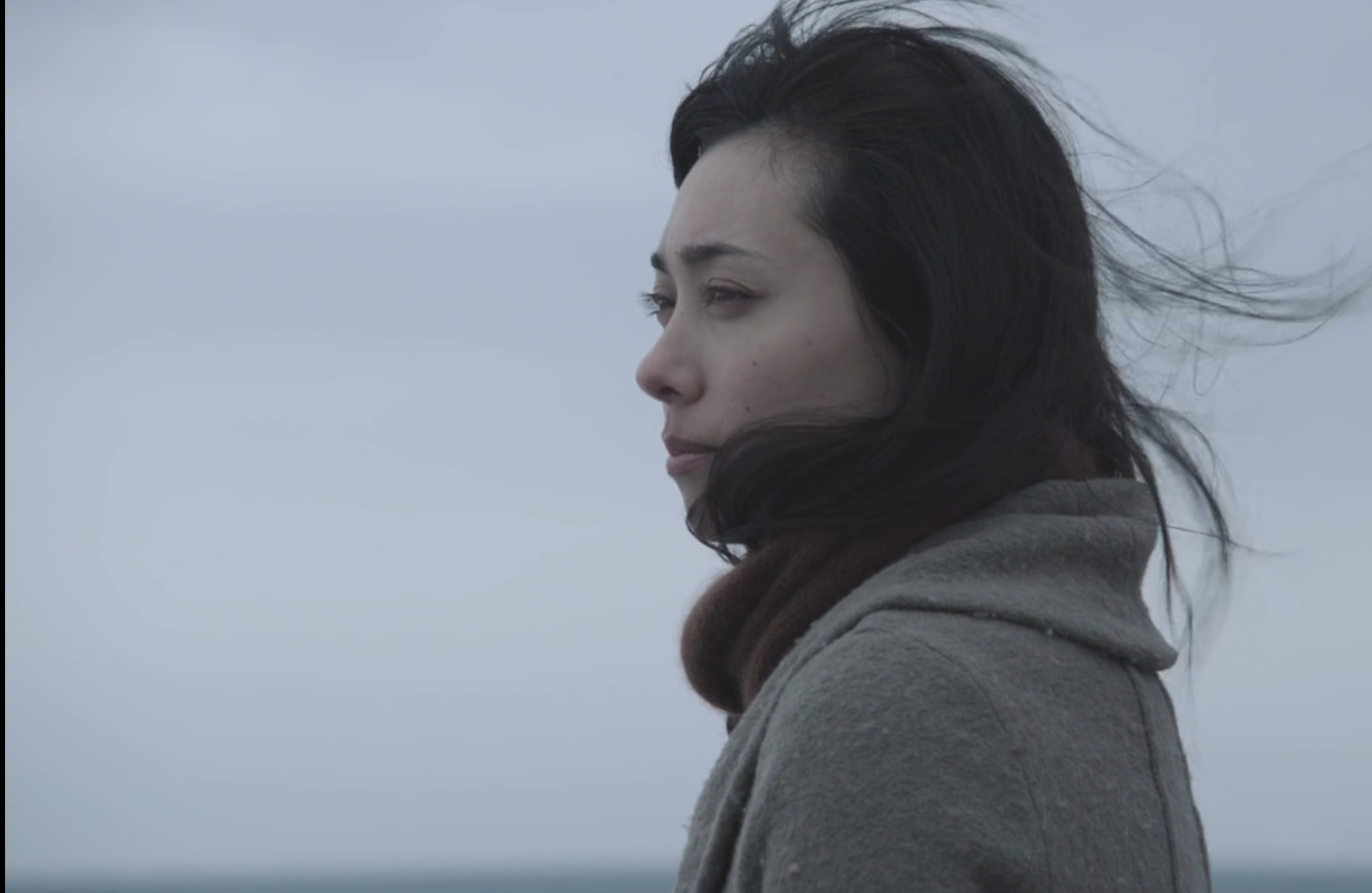
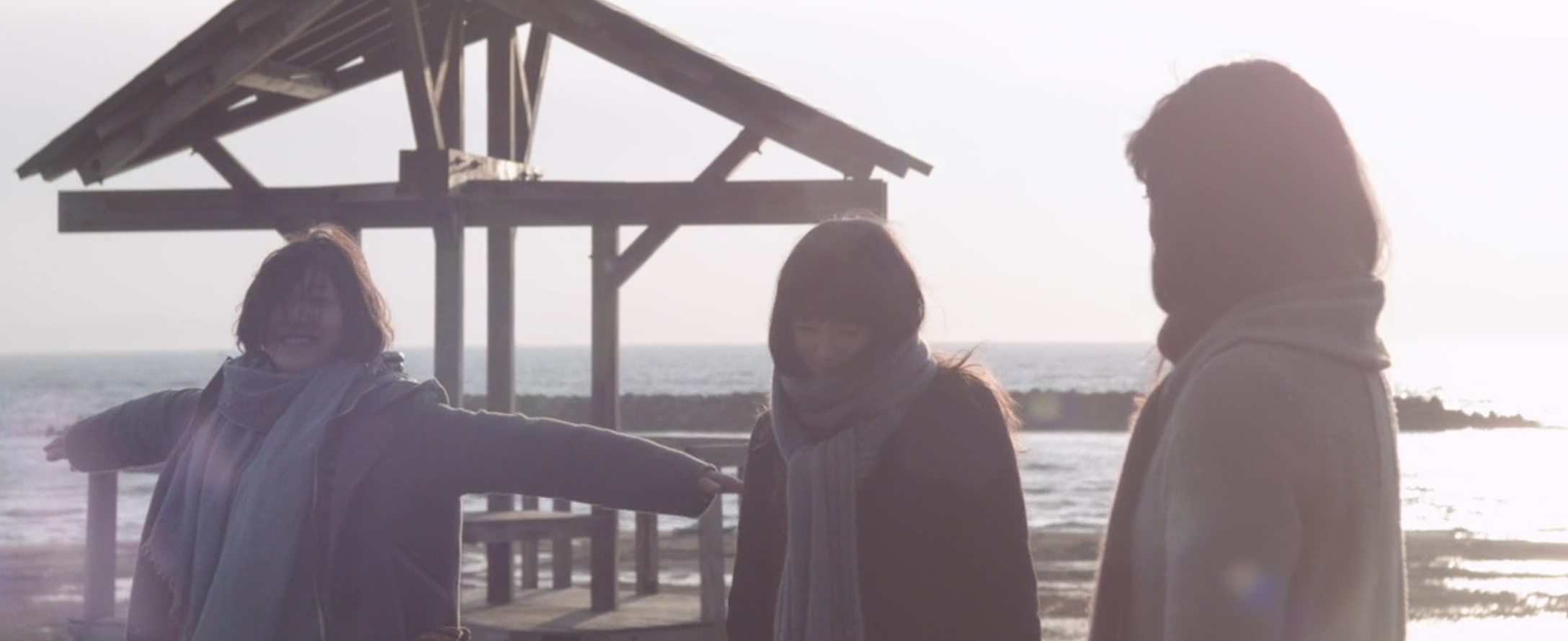
The Good
Great cast.
Short and sweet.
Great editing and effective score.
Inspiring message.
The Bad
Not for those looking for more excitement.
Jinko's injury was a little hard to believe.
More Info
Watch: Petal Dance
Score:AA
Out of 10: 7
